Greater Phoenix MOB Trades for $24M
OrthoArizona sold the 49,400-square-foot property in Gilbert to a private equity firm.
A 49,400-square-foot surgery center and medical office building in Gilbert, Ariz., has changed hands for $23.6 million. Fairfield Advisors arranged OrthoArizona’s sale of its South Gilbert facility, which opened in the spring of 2019. The buyer is a private equity firm, according to Becker’s ASC Review. The building was fully leased at the time of sale, Greg Trainor, managing partner with Fairfield Advisors, confirmed for Commercial Property Executive.
CommercialEdge data shows the seller financed construction of the two-story building at 1675 E. Melrose St. with a $12.4 million loan from Arizona Business Bank in late 2017. OrthoArizona relocated to the facility from 1760 E. Pecos Road in nearby Chandler, according to the Community Impact Newspaper.
Following the sale, OrthoArizona will continue to anchor the property, providing on-site health services from physical therapy to MRI scans. The building also houses the health-care provider’s first surgery center, operated in partnership with United Surgical Partners.
The facility is roughly 7 miles southeast of central Gilbert in the Gateway Airport/Loop 202 submarket. The location is less than 1 mile south of Mercy Gilbert Medical Center within the city’s medical corridor.
Hitting a high point
The transaction outsizes the $21.2 million sale of Spectrum Medical Commons, which was the metro’s largest medical office deal in the fourth quarter of 2020, according to a recent Colliers report. Located less than a mile northeast of the OrthoArizona facility, the 43,355-square-foot building had previously changed hands for $17.5 million in 2019.
The Colliers report shows the Greater Phoenix market had an active fourth quarter in terms of medical office building investment. Sales were up 45.2 percent over-the-quarter, though volume decreased by 8.5 percent year-over-year to $66.5 million.
In its recent 2021 commercial real estate outlook, Nuveen predicts the investors’ interest toward traditional asset classes such as office and retail will diminish, making room for alternative sectors, from life science facilities to medical office buildings. These alternatives may account for more than 50 percent of an investor’s portfolio over the next decade.

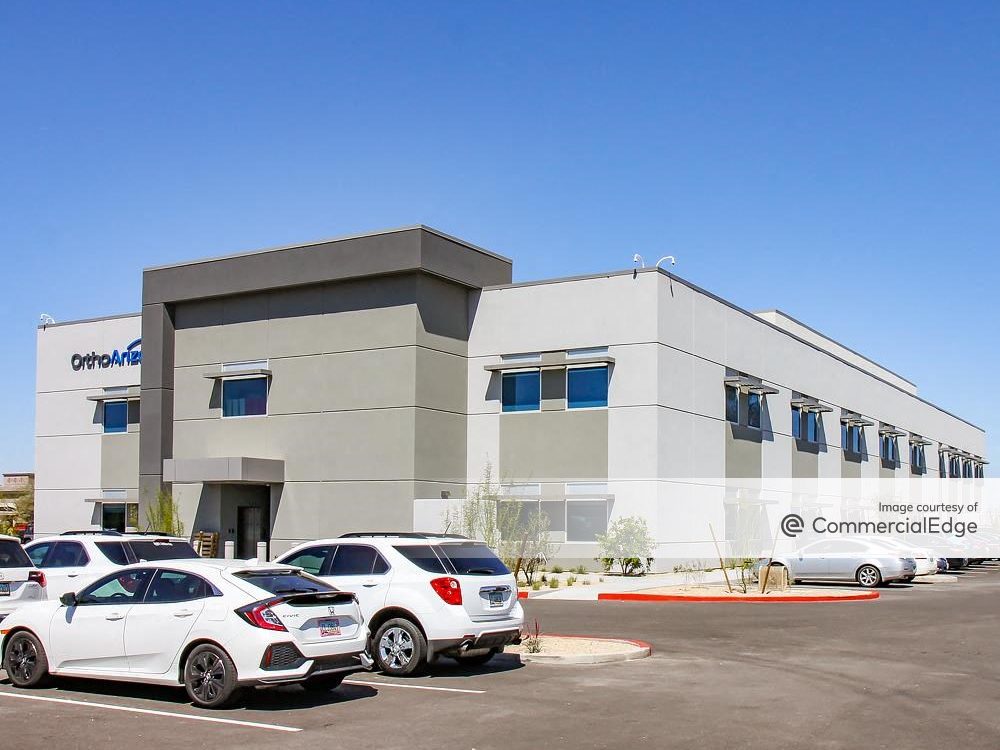
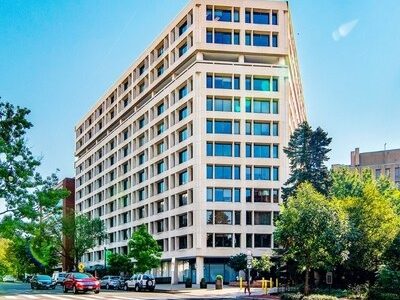
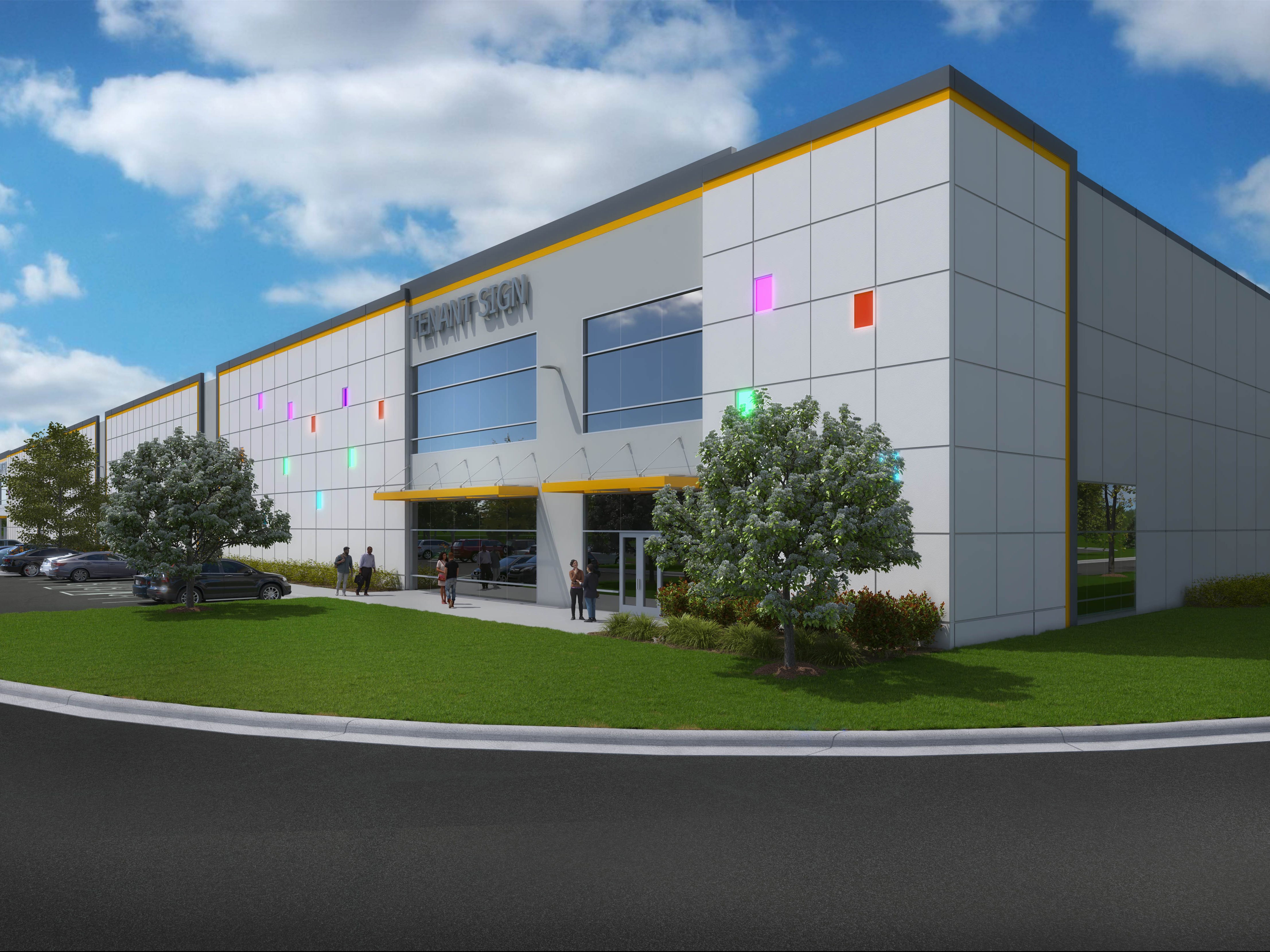

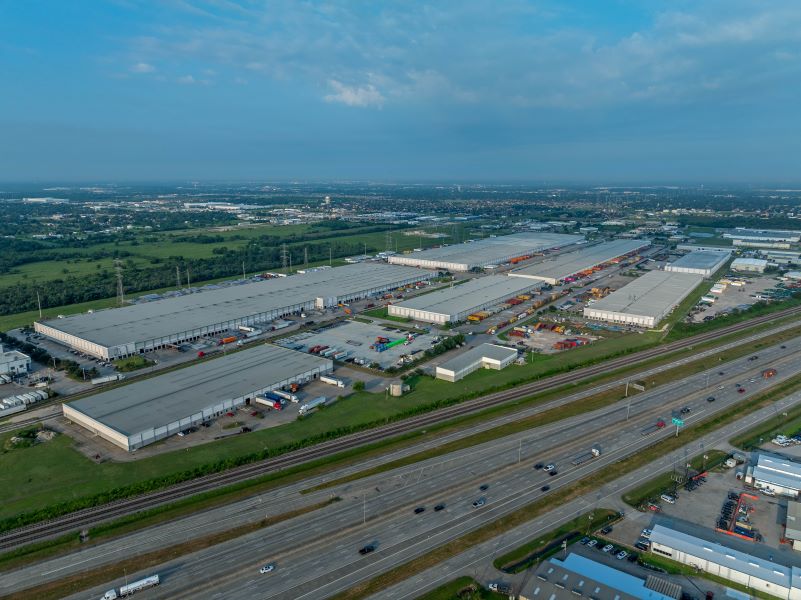

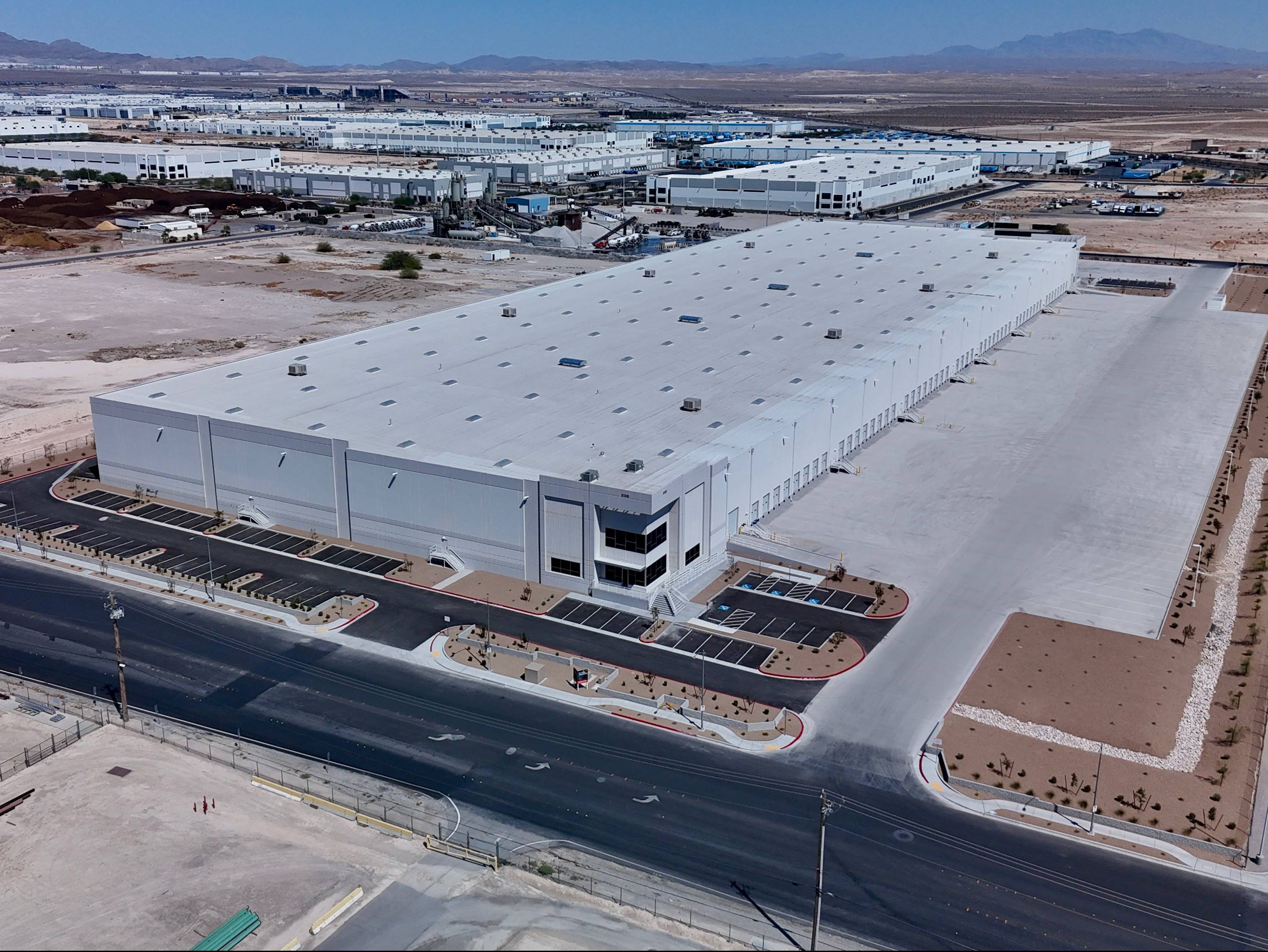
You must be logged in to post a comment.